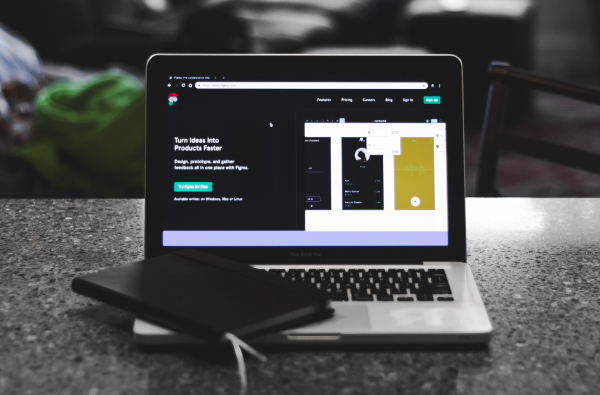Madrid, 23 April 2020 - Reactivating the economy and returning to normal will be the two main global priorities once the coronavirus pandemic (COVID-19) has been defeated, or at least brought under control. But, in order to do it in the best possible way, we will have to take into account the lessons that this crisis leaves us with and under the certainty that the world that awaits us will be very different from the one we knew. And, although "we don't know what that world will be like, we have tools to try and predict it," says Opinno's CEO and founder, Pedro Moneo. The innovation consultancy firm has just published the report RESTART: 10 Post COVID-19 Trends, in which it identifies 10 trends that could be about to start shaping that new world. In order to bring the collected knowledge closer to society, Opinno organized this week a public webinar in which economic and social leaders participated to put the information into context and expand it from their different points of view. More than 1,000 attendees from more than 15 countries joined the event. As Opinno General Director, Tommaso Canonici concludes: "the companies that will be successful in the long term will not only be those that best manage this crisis, but also those that know how to adapt better to the new normality".




